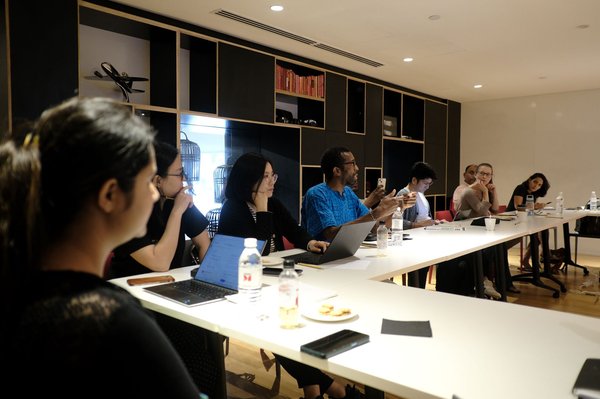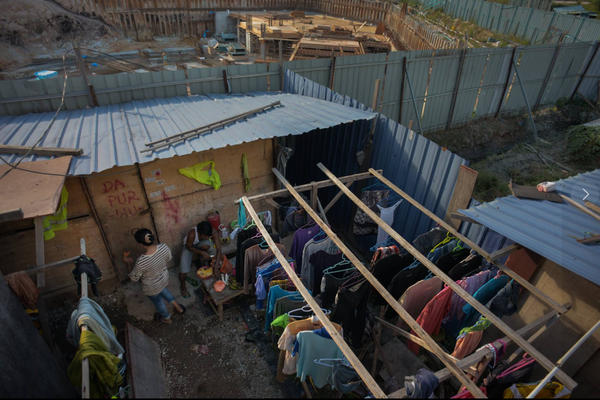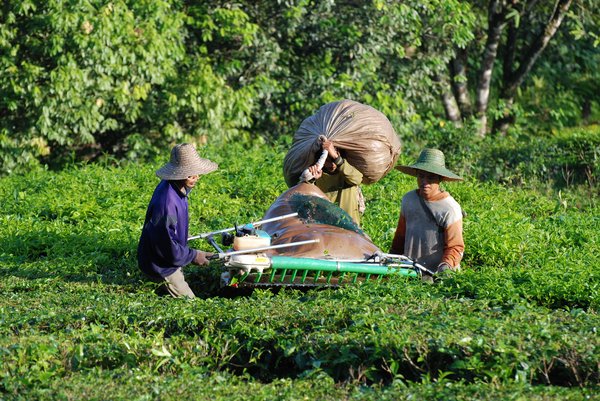Context
Approximately three million migrants were living in Malaysia by the end of July 2023, which made up 8.9% of the country's population. However, foreign migrant workers tend to be seen as transient in existence and in their contributions and thus the understanding of their everyday as well as broader experiences are treated as such. Often taking up work that is dirty, dangerous and difficult, migrant workers play an important role in the Malaysian economy. When thrust into the media spotlight, they are frequently portrayed as intimidating, deprived and faceless figures. Given these realities, MIDEQ Malaysia’s Impact and Engagement strategy has been to challenge these dominant narratives by fore grounding their everyday life-work experiences in Malaysia.
The Mapping Journeys initiative was conceived to translate research findings into a number of engaging creative outputs. They included interview videos, comics, podcasts, short films produced by the Nepali migrant community and an interactive-simulation of a Nepali migrant journey to Malaysia.
Objectives
Mapping Journeys had three key objectives:
- Translate key findings of the Nepal-Malaysia corridor into an accessible, engaging and relatable format for a wider audience; especially university staff and students
- Contribute to providing a human rights perspective of the migration journeys and experiences of Nepali migrant workers and their households by foregrounding and juxtaposing their narratives vis-a-vis wider structural processes.
- Provide an avenue for Nepali migrant workers to share their narratives with other migrant workers in Malaysia for the purpose of solidarity building.



